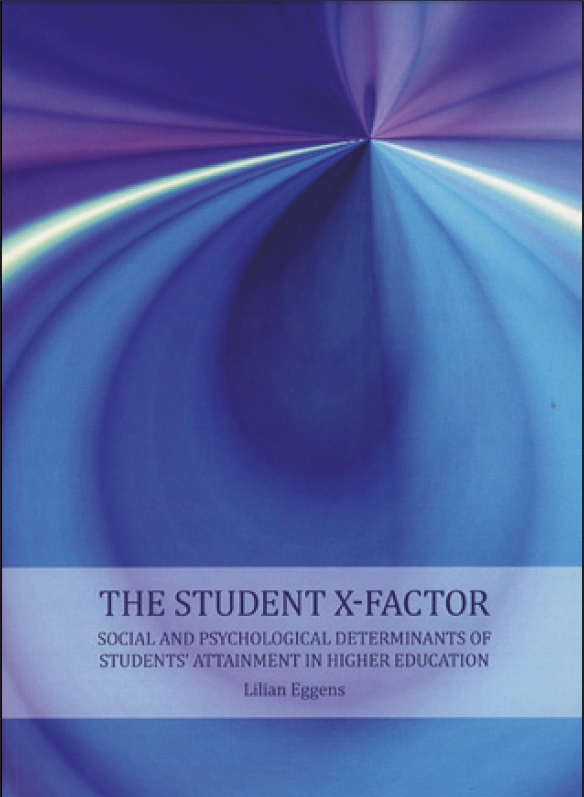Among students in higher education, the effect of students’ personality on their personal networks as well as the way they compare their grades with others was explored by means of a path analysis. Furthermore, the relationship of students’ personality and their personal network with study progress and GPA was examined.
Extraverted students tend to have a network primarily consisting of friends, whereas autonomous and conscientious students tend to have a network primarily consisting of family. Furthermore, students with low scores on Agreeableness, Emotional Stability and Autonomy are more inclined toward social comparison for reasons of self-enhancement, and students who score high on Conscientiousness are more inclined toward social comparison for reasons of self-improvement. Students with an orientation on self-evaluation appeared to prefer lateral comparison and students with an orientation on self-improvement appear to prefer upward comparison.
Students with a larger the network appear to have lower odds on study delay, whereas students with an older network appear to have higher odds on study delay. Finally, the results showed that more motivated students attain higher grades and have less study delay than less motivated students. Extraversion, Agreeableness, Conscientiousness and Autonomy were positively related with achievement motivation and Emotional Stability was negatively related with achievement motivation. So, the results suggest that if extraverted, agreeable, conscientious, emotionally unstable, and autonomous students are achieving better than their counterparts, an important difference appears to be that they are generally more motivated.
Boeken / 17/05/2011
Social and psychological determinants of students' attainment in higher education
The student X-factor
Opmerkingen
0
Log in om te reageren op dit artikel.



